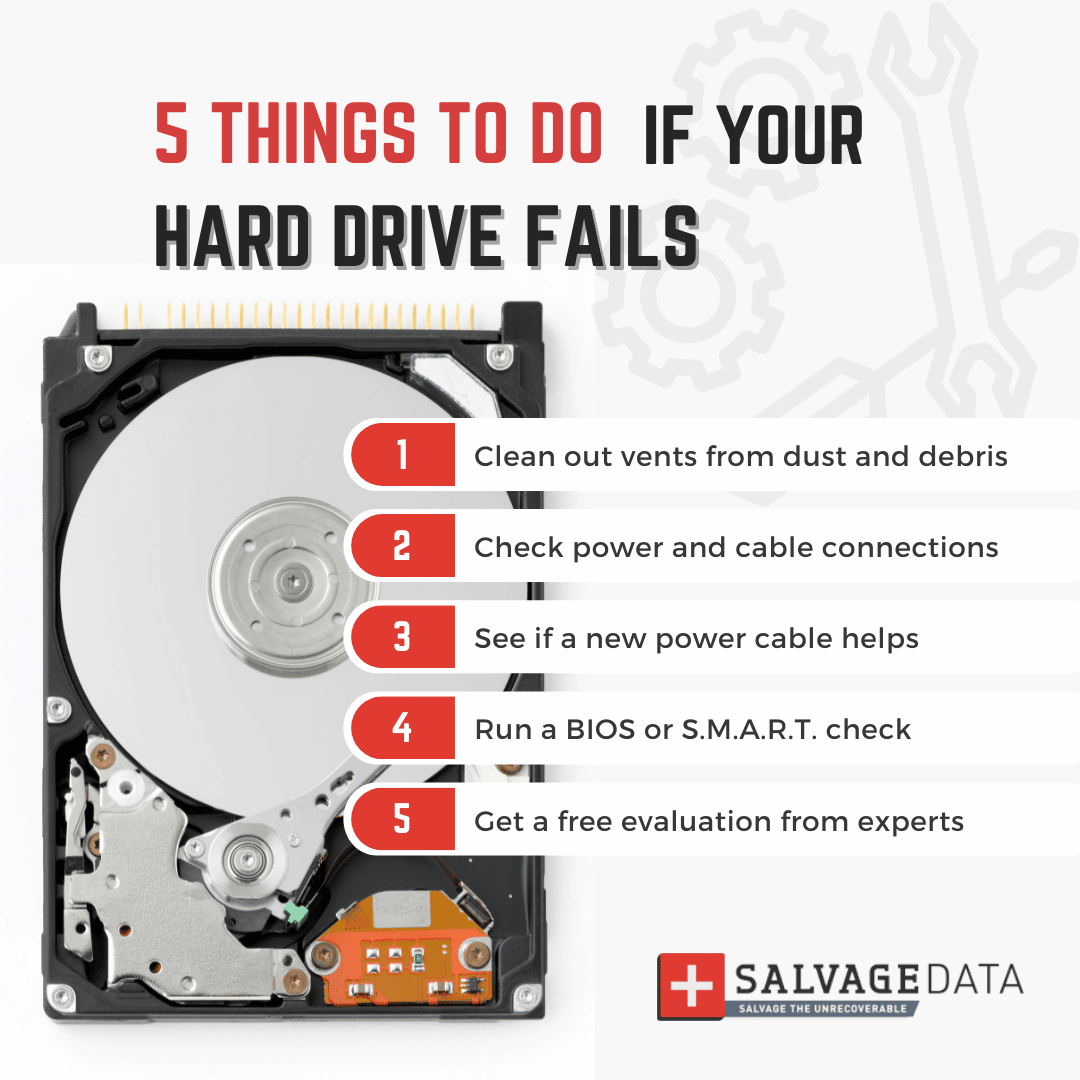A slow hard drive can significantly impact your computer’s performance and productivity. If you notice sluggishness, frequent freezing, or delayed file access, it may be a sign that your hard drive needs attention. In this article, we will discuss common signs of a slow hard drive and effective methods to fix them, restoring your computer’s speed and responsiveness.
Slow Boot Times
If your computer takes an unusually long time to boot up, it could be an indication of a slow hard drive. One way to fix this issue is by disabling unnecessary startup programs. Open the Task Manager (Ctrl + Shift + Esc), navigate to the Startup tab, and disable programs that are not essential for startup. Additionally, upgrading to a solid-state drive (SSD) can significantly improve boot times, as SSDs offer faster data access speeds.
Frequent Freezing or Lagging
Constant freezing or lagging during regular computer usage can be frustrating. Such issues often occur due to a slow hard drive struggling to process data quickly. You can resolve this problem by running disk cleanup and removing unnecessary files, temporary files, and system cache. Additionally, regularly defragmenting your hard drive can optimize its performance by reorganizing data fragments for faster retrieval.
Delayed File Access and Slow Program Load Times
If you find that it takes a noticeable amount of time to open files or launch applications, your hard drive may be the culprit. To resolve this issue, make sure your hard drive is not running out of storage space. Delete unnecessary files and uninstall unused programs. Additionally, consider upgrading to an SSD, which offers significantly faster file access and program load times compared to traditional hard disk drives (HDDs).
Loud Clicking Noises
If you hear loud clicking or grinding noises coming from your hard drive, it is a clear sign that something is wrong. These noises can be an indication of physical damage to the drive, such as a failing read/write head or damaged disk platters. In such cases, it is crucial to back up your data immediately and replace the hard drive to prevent further data loss.
Overheating and System Crashes
A slow hard drive can generate excessive heat, resulting in system overheating and frequent crashes. Ensure your computer’s cooling system is clean and free from dust buildup. Improving airflow around your computer and ensuring proper ventilation can also help reduce system temperatures. Additionally, consider upgrading to an SSD, as they generate less heat compared to traditional HDDs.
Regularly Run Antivirus and Malware Scans
Malware infections can significantly affect your hard drive’s performance. Run regular antivirus and malware scans to detect and remove any malicious programs causing your hard drive to slow down. Use reputable antivirus software with up-to-date virus definitions to ensure thorough scanning and protection.
Consider Upgrading to an SSD
If your hard drive is old and exhibiting multiple signs of slowness, upgrading to an SSD can provide a significant performance boost. SSDs offer faster data access speeds, improved file transfer rates, and overall enhanced responsiveness. The transition to an SSD can be achieved through cloning your existing hard drive or performing a clean installation of your operating system and programs.
Conclusion
A slow hard drive can have a detrimental impact on your computer’s performance. By recognizing common signs such as slow boot times, frequent freezing or lagging, delayed file access, loud clicking noises, overheating, and system crashes, you can take appropriate measures to fix these issues. Employing methods such as disabling unnecessary startup programs, disk cleanup, defragmentation, antivirus scans, and potentially upgrading to an SSD can significantly improve your hard drive’s speed and restore your computer’s performance and efficiency.
